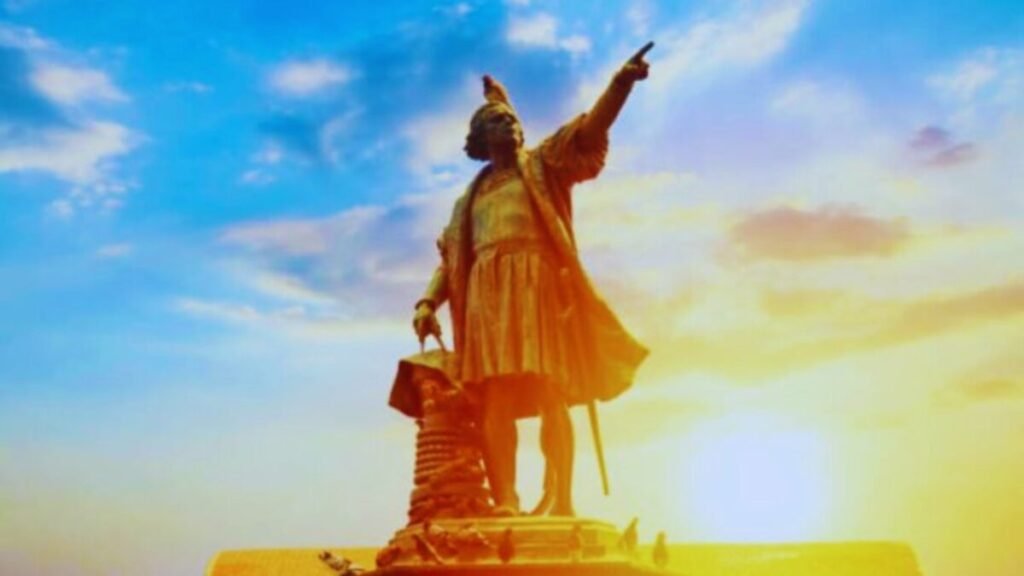Christopher Columbus Brought Silent Epidemic that Changed History and Cooled the Planet.

When Christopher Columbus first arrived in America, he initiated an era of contact, conquest, and trade that reshaped the world. However, alongside the exchange of goods and trade routes, an unseen enemy also made its way: diseases. The impact of these diseases was so devastating that entire populations were transformed and unexpectedly influenced history.
The hidden cost of the Columbian Exchange
The Columbian Exchange was not just about the exchange of cocoa, corn, or horses. It also introduced diseases like smallpox, malaria, and yellow fever to a continent that lacked biological defenses against them. Historical records describe villages being decimated in a matter of weeks and entire societies struggling to recover. Journalist Charles C. Mann, in his book 1493, highlights how this demographic collapse paved the way for conquest to progress rapidly, as diseases had already taken their toll before soldiers and weapons arrived.
How an epidemic changed the forests
In regions such as California, indigenous communities used controlled fires to maintain grasslands and promote crop growth. With the disappearance of these communities, forests began to spread uncontrollably, overtaking once cultivated lands. This expansion of certain tree species like oak and walnut disrupted the natural fire dynamics and led to a reduction in carbon dioxide emissions into the atmosphere, inadvertently affecting the environment.
The planet in a mini ice age
Paleoclimatologist William F. Ruddiman suggests that the significant decrease in atmospheric CO₂ following the collapse of indigenous populations contributed to a period known as the Little Ice Age. Historical records from the 16th to 18th centuries document tangible effects of this climate shift, such as rivers freezing solid enough to be crossed on foot, delayed grape harvests in France, famines in Ireland, and prolonged devastating rains in China.
An unexpected legacy
The epidemics that swept through the Americas post-Columbus not only altered the course of indigenous history but also left a lasting impact on the planet’s climate and environment.






